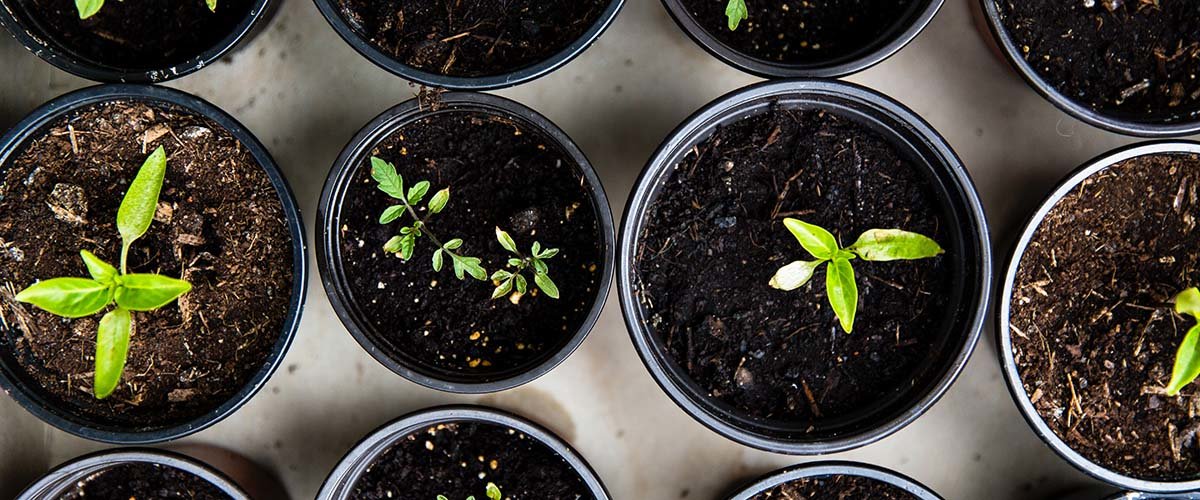
Growing the next generation
Summer mentorship program aims to close the agricultural career gap

LAUREN MATUSHIN, DEPARTMENT OF HORTICULTURAL SCIENCE
Food production contributes to global environmental degradation, and its negative effects are often felt more strongly in marginalized communities. When STEM agricultural training programs also do not actively seek to support individuals from diverse backgrounds, professional and leadership positions experience significant under-representation at the levels where decisions about food issues are often made. The solution, it would seem, lies in closing that gap.
The U.S. Department of Agriculture’s (USDA) National Institute of Food and Agriculture (NIFA) recently announced a $16 million investment in agricultural education and workforce development for undergraduate students from diverse backgrounds, with the aim to prepare students to compete for professional jobs in science and agricultural fields. More than 20 university projects received funding through this Research and Extension Experiences for Undergraduates (REEU) program, including a project spearheaded by four Department of Horticultural Science faculty. Associate professor Julie Grossman, PhD, and her colleagues — Mary Rogers, PhD, Laura Shannon, PhD, and Eric Watkins, PhD — proposed a five-year summer research program to offer 50 students from around the U.S. a chance to learn about food systems and agricultural research on the ground. With the assistance of CFANS Diversity & Inclusion Academic Program Specialist Tex Ostvig, they hope to help close the agricultural career opportunity gap.
“Our long-term goal is to increase the number of underrepresented students entering the professional agricultural workforce,” Grossman said. “There is a growing interest among young people in sustainable food systems, and we want to help them develop their analytical and scientific research skills so they can pursue that interest. One way we plan to do that is through action-learning workshops that connect students to organizations advocating for workforce diversity in agriculture.”
“Many times students simply aren’t aware of the opportunities available in food systems and agriculture, not just within a university setting, but in their own communities," Grossman said. "Through direct mentoring, hands-on research and community engagement opportunities, we hope to give these students the tools they need to confidently enter science and agricultural fields.”
This work is supported by the Research and Extension Experiences for Undergraduates Project (grant no. 2022-67037-36640/project accession no. 1028225) from the U.S. Department of Agriculture, National Institute of Food and Agriculture. Any opinions, findings, conclusions, or recommendations expressed in this publication are those of the author(s) and should not be construed to represent any official USDA or U.S. Government determination or policy.





